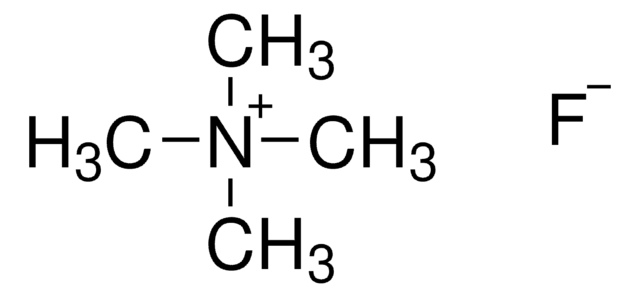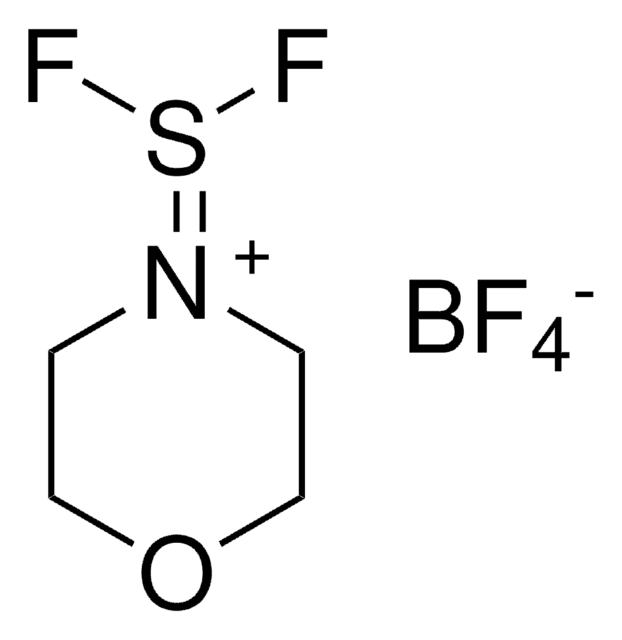184225
Hydrogen fluoride pyridine
pyridine ~30 %, hydrogen fluoride ~70 %
Synonym(s):
HF-Pyridine, Olah′s reagent, PPHF, Poly(pyridine fluoride), Pyridine hydrofluoride, Pyridinium poly(hydrogen fluoride), Pyridinium polybifluoride
About This Item
Recommended Products
form
liquid
Quality Level
composition
hydrogen fluoride, ~70%
pyridine, ~30%
density
1.1 g/mL at 20 °C (lit.)
storage temp.
−20°C
SMILES string
F[H].c1ccncc1
InChI
1S/C5H5N.FH/c1-2-4-6-5-3-1;/h1-5H;1H
InChI key
GRJJQCWNZGRKAU-UHFFFAOYSA-N
Looking for similar products? Visit Product Comparison Guide
General description
Application
Used together with hypervalent iodine(III) reagents for ipso-fluorination of para-substituted phenols providing cyclohexadienones. Employed with Selectfluor® (Catalog No. 439479) for geminal fluorination of 2,2-diaryl-1,3-dithiolanes.
- Epimers of shikimic acid with the features of fucosylated glycans via zinc-mediated reductive ring opening followed by a Barbier reaction
- Vaccinia H1-related (VHR) phosphatase inhibitor with a nonacidic phosphate-mimicking core structure
- Candidates for nucleic acid drugs
- ω-substituted gem-difluoroalkanes by oxidative desulfurization-difluorination
Reagent for:
- Halofluorination reactions
Legal Information
Signal Word
Danger
Hazard Statements
Precautionary Statements
Hazard Classifications
Acute Tox. 1 Dermal - Acute Tox. 2 Inhalation - Acute Tox. 2 Oral - Eye Dam. 1 - Skin Corr. 1A
Storage Class Code
6.1A - Combustible acute toxic Cat. 1 and 2 / very toxic hazardous materials
WGK
WGK 2
Flash Point(F)
Not applicable
Flash Point(C)
Not applicable
Personal Protective Equipment
Regulatory Listings
Regulatory Listings are mainly provided for chemical products. Only limited information can be provided here for non-chemical products. No entry means none of the components are listed. It is the user’s obligation to ensure the safe and legal use of the product.
PDSCL
Poisonous substance
PRTR
Class I Designated Chemical Substances
ISHL Indicated Name
Substances Subject to be Indicated Names
ISHL Notified Names
Substances Subject to be Notified Names
JAN Code
184225-111RN-50G:
184225-100G:4548173288055
184225-VAR:
184225-25G:4548173288062
184225-BULK:
Choose from one of the most recent versions:
Already Own This Product?
Find documentation for the products that you have recently purchased in the Document Library.
Customers Also Viewed
Global Trade Item Number
| SKU | GTIN |
|---|---|
| S64425-1EA | |
| 184225-100G | 4061838756572 |
| 184225-25G | 4061838756589 |
Our team of scientists has experience in all areas of research including Life Science, Material Science, Chemical Synthesis, Chromatography, Analytical and many others.
Contact Technical Service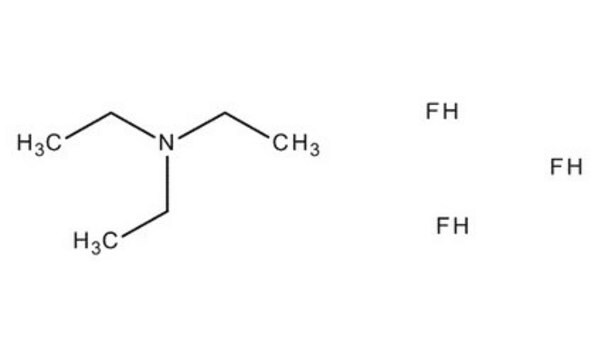

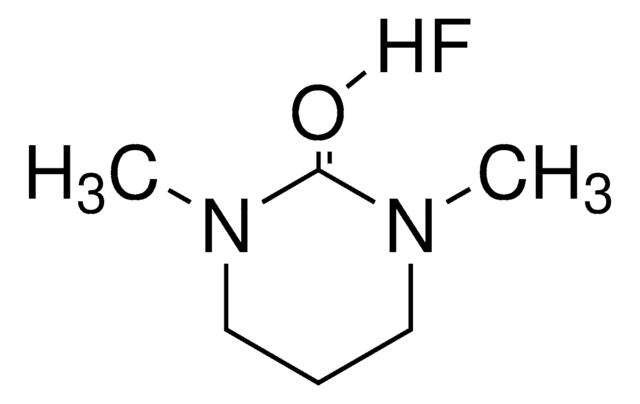


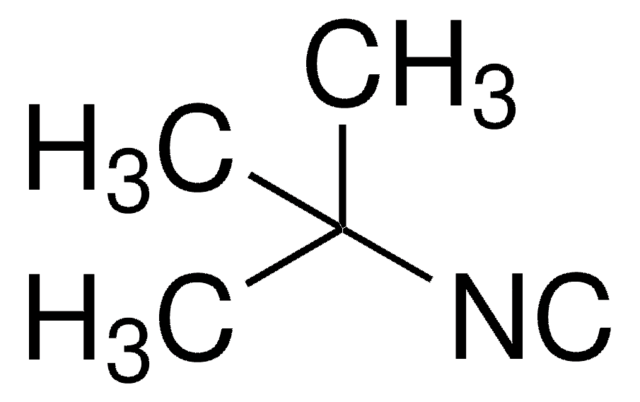


![1-Chloromethyl-4-fluoro-1,4-diazoniabicyclo[2.2.2]octane bis(tetrafluoroborate) >95% in F+ active](/deepweb/assets/sigmaaldrich/product/structures/206/487/53d52ee5-ef71-4e9a-9bc8-938b68b98d5d/640/53d52ee5-ef71-4e9a-9bc8-938b68b98d5d.png)
